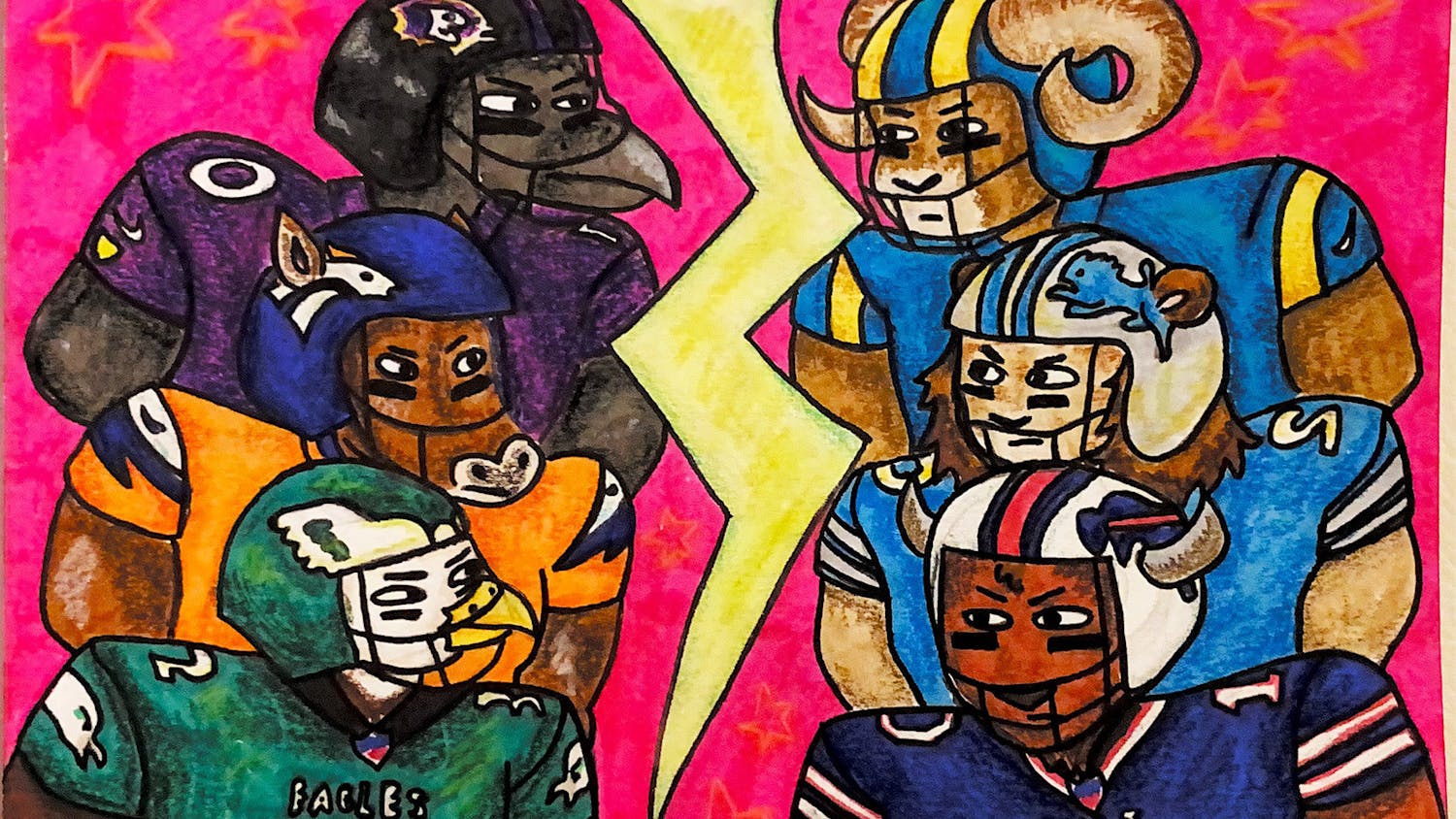This article contains spoilers.
When Alex Cooper was fifteen years old, she told her strict Mormon parents that she was gay. She was then shipped off to live in St. George, Utah to participate in a “conversion therapy” program where she was abused for eight months by her host family.
“Saving Alex” is her story.
Her account is an eye-opening education on how coming out to one’s parents can go horribly wrong and the anxiety young LGBTQ+ people share when contemplating doing so.
Cooper’s memoir divulges the events that transpired while she was under the guardianship of fundamentalist strangers in Utah. The moment her parents left her in their care, her worldly possessions were stripped from her and withheld.
Repeatedly refusing to reveal the name of her illicit lover, she was forced by her hosts to wear a backpack full of rocks with her nose touching the wall for hours at a time. She wasn’t allowed to attend school and instead was forced into something resembling domestic slavery. Cooper says St. George is something of a homeland for the Church of Jesus Christ of Latter-day Saints and because of this, she was unable to access public resources such as police or doctors to escape.
The inhumanity of Cooper’s abusers is enraging.
Cooper says that, to this day, she has chronic back problems from wearing the backpack full of rocks. Although her specific experiences are unique, the patterns of behavior demonstrated by her abusers are familiar to anyone who has endured such maltreatment.
Cooper’s story is highly reminiscent of Dave Pelzer’s “A Child Called It.” Like Pelzer, Cooper is unflinchingly vivid in her recollections of her abuse and doesn’t sugarcoat the lifelong consequences of what she endured.
Cooper also shares the means by which she eventually escaped the situation — with a few carefully chosen friends she could trust — and made legal history in Utah.
After confessing the name of her illicit girlfriend to her hosts in an effort to mitigate some of the abuse, Cooper was allowed to attend public school where she met and befriended another LGBTQ+ youth. He helped her contact an attorney, and the court eventually recognized her right to live as an openly gay teenager. Cooper now lives and works as an activist in Portland.
Lifetime Network produced a film last year based on her book called “Trapped: The Alex Cooper Story.”
Get content from The Daily Lobo delivered to your inbox
Despite the happy ending, I was shocked by how readily she forgave her parents for subjecting her to the abusive “conversion therapy” program. It would have been understandable for her to blame her parents and refuse the life they wanted for her, but she never did.
Although the end of the book is somewhat frustrating, her courage and strength inspire throughout. Cooper touches on several subtle topics and symptoms of abuse that are often overlooked.
What’s most impressive is how she illustrates the cycles of abuse in her own psyche as well as those of her hosts. She beautifully describes the initial shock of being abandoned by her parents, her struggles to hold on to the religious faith that she still loves and her very individuality.
Hevyn Heckes is a freelance reporter at the Daily Lobo. She can be contacted at culture@dailylobo.com or on Twitter @H_Squared90






